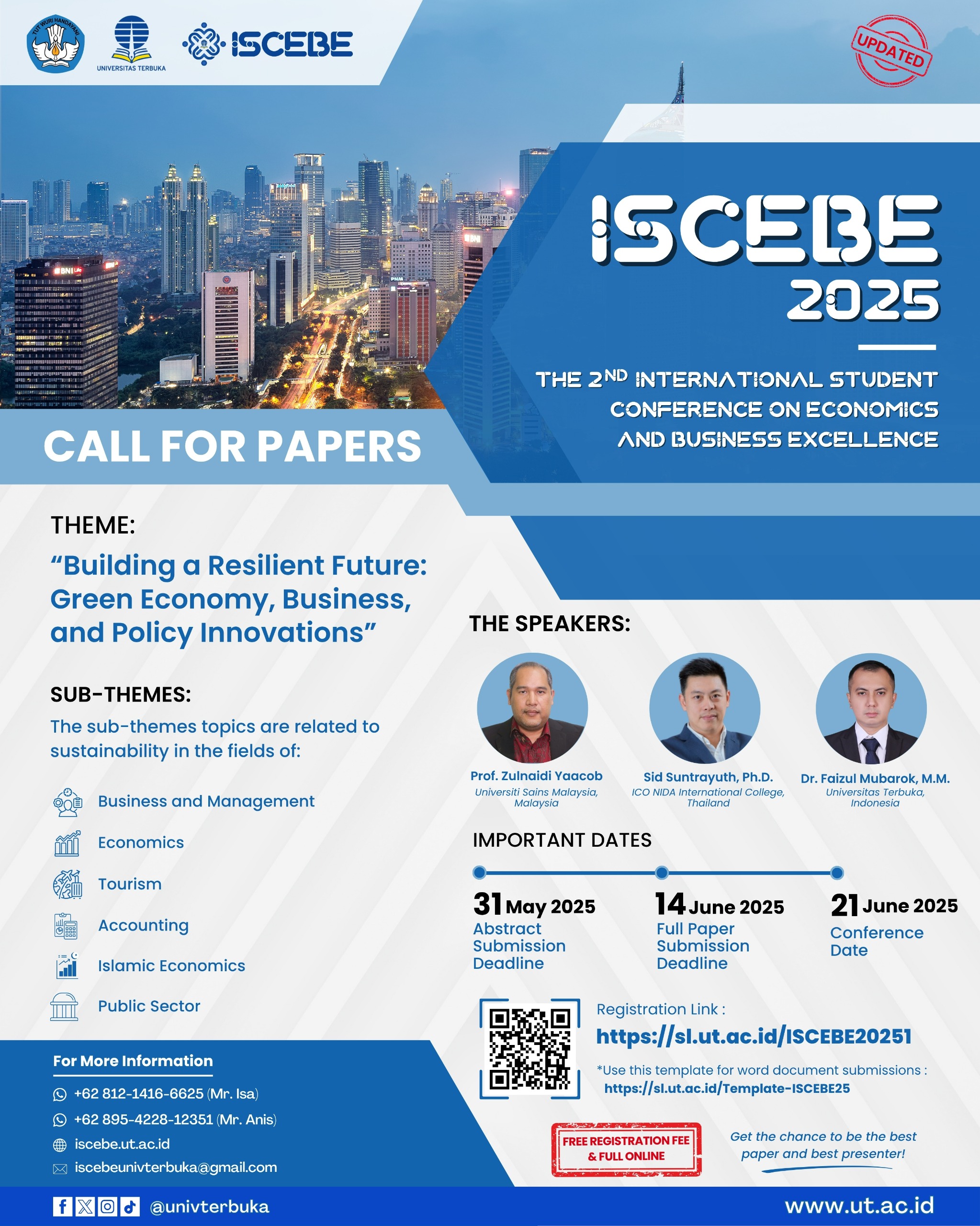Background
Building a resilient future requires embracing a green economy that prioritizes sustainability and environmental protection. The green economy integrates eco-friendly practices into business operations, encouraging companies to innovate with clean technologies, resource-efficient designs, and sustainable products. Businesses that adopt these strategies not only reduce their environmental impact but also tap into new market opportunities and gain competitive advantages.
However, a successful transition to a green economy relies on supportive policies. Governments must implement regulations that incentivize green investments, such as tax breaks for clean tech adoption and renewable energy initiatives. Collaboration between the public and private sectors is crucial to drive innovation and establish frameworks that promote sustainability.
Despite challenges like high upfront costs and regulatory uncertainties, the shift toward a green economy presents significant opportunities. By fostering innovation, aligning business strategies with sustainability, and creating enabling policies, we can build a more resilient, sustainable future for all. Researchers and educators play a crucial role in providing research to support more effective policies and business strategies in navigating global economic dynamics. Through research, various innovative solutions can be proposed to help businesses adopt more environmentally friendly practices, utilize green technology, and implement circular economy principles that optimize resources. Meanwhile, policy innovation is a key factor in accelerating the transition toward a more resilient economy by establishing regulations that support green investments, incentives for sustainable businesses, and adaptive fiscal policies in response to global changes.
ISCEBE 2025 will explore how the green economy, sustainable business practices, and policy innovations can strengthen economic resilience amidst global uncertainty, by bringing up interesting topics about “Building a Resilient Future: Green Economy, Business, and Policy Innovations”.
This conference marks the second annual event organized by the Faculty of Economics and Business, Universitas Terbuka, Indonesia. It is expected to serve as a platform for knowledge development and idea exchange among researchers and educators, providing valuable insights for practitioners and policymakers in shaping a more resilient future.
Purpose
- Serving as a platform for students and researchers to present and discuss studies related to the green economy, sustainable business, and policy innovation.
- Building collaboration between academics, business practitioners, and policymakers to encourage the real-world implementation of research.
- Producing research-based recommendations that can be applied to sustainable business strategies and public policies.
- Identifying and sharing best practices in the transition toward a green economy to enhance economic resilience.
- Enhancing awareness, understanding, and capacity of academics, practitioners, and policymakers in addressing global economic challenges through a science-based approach.
